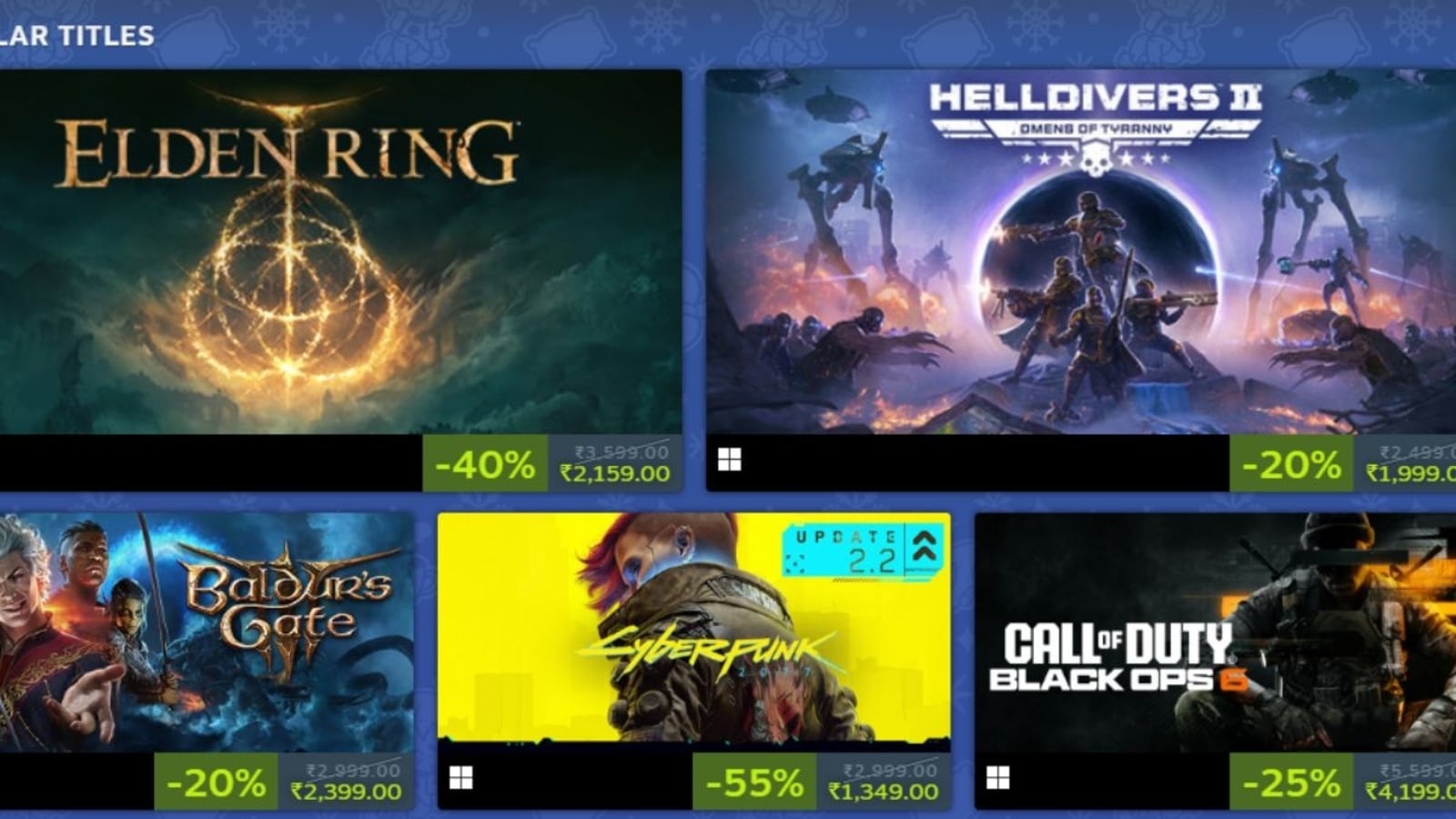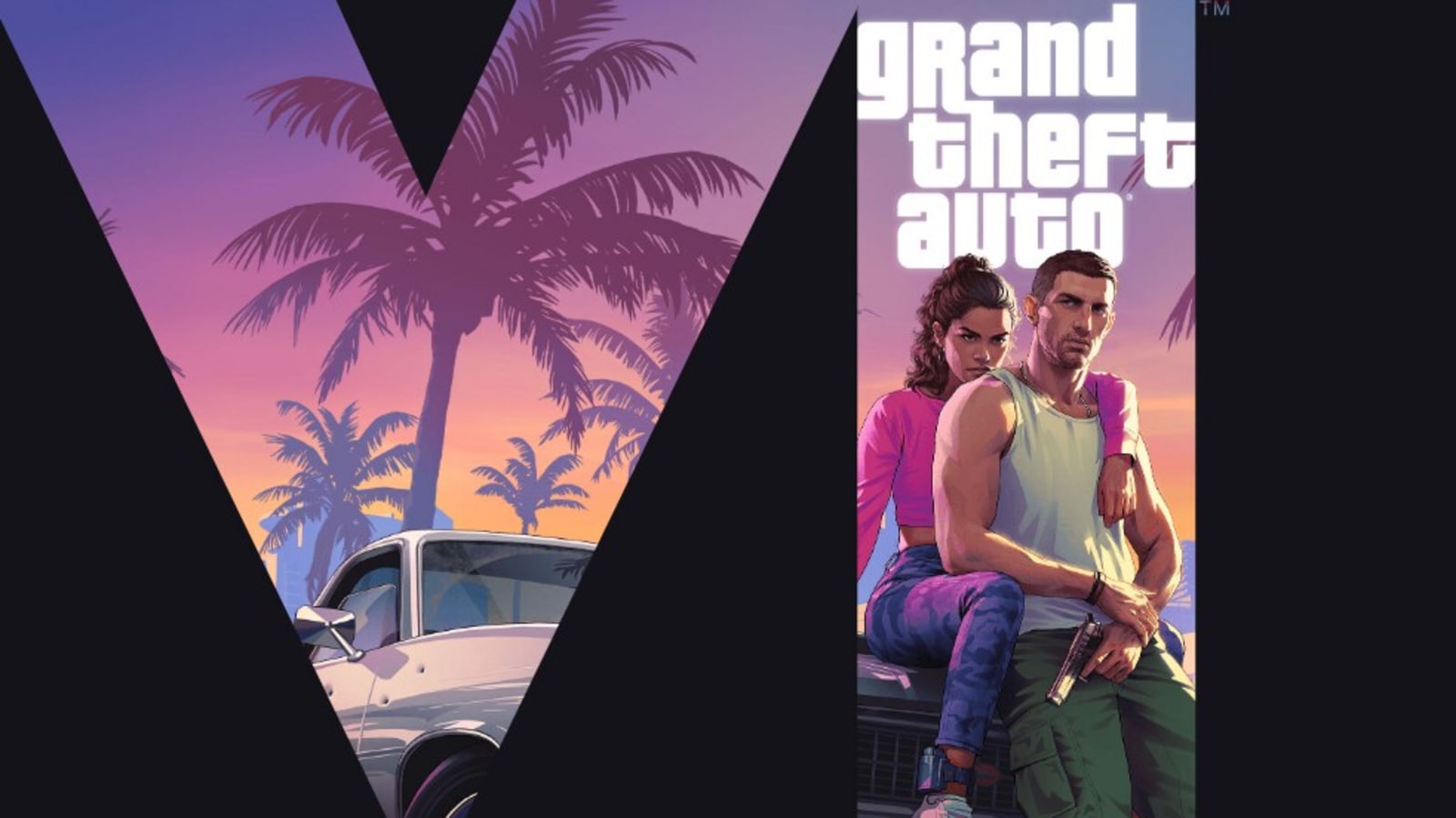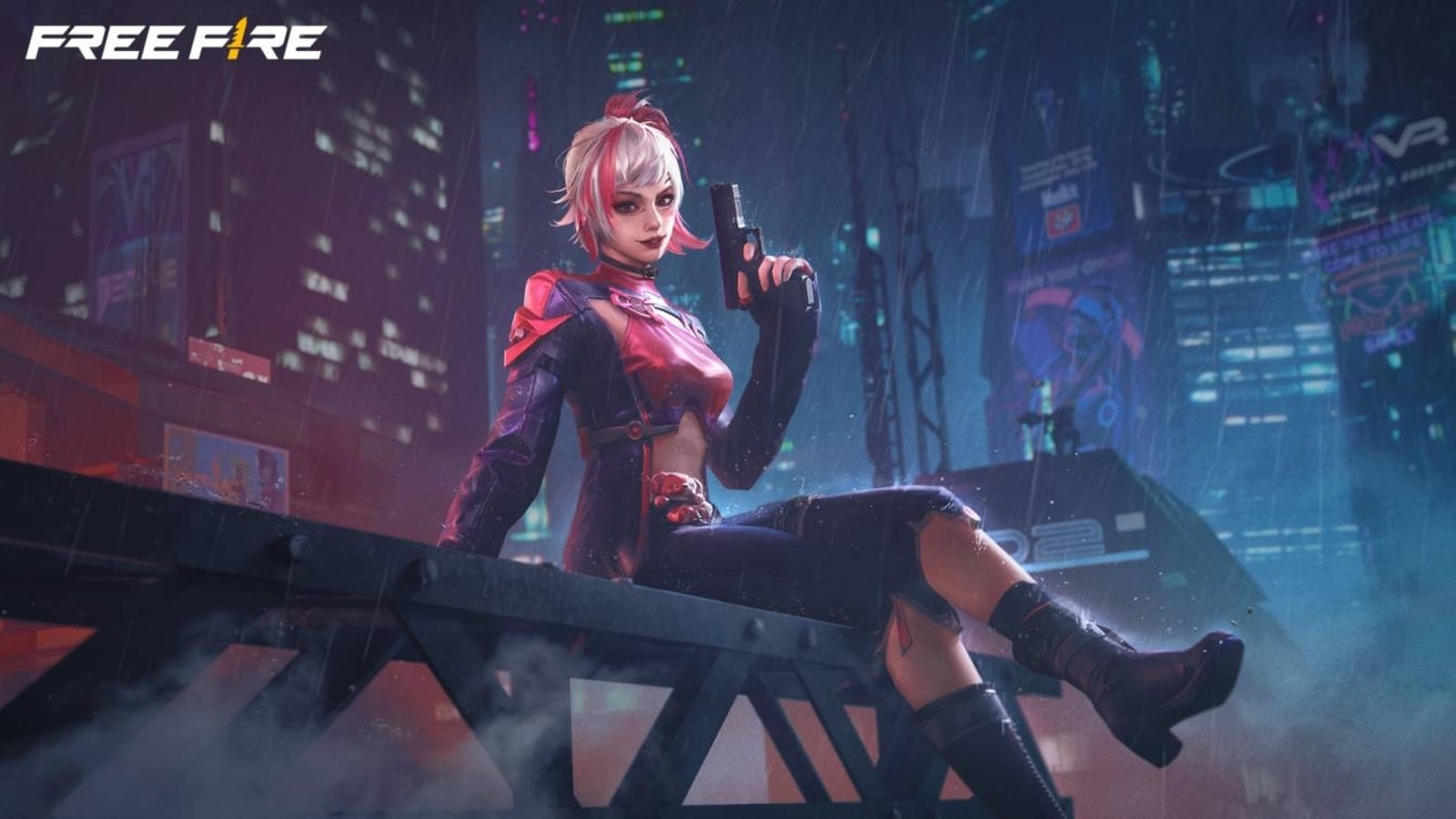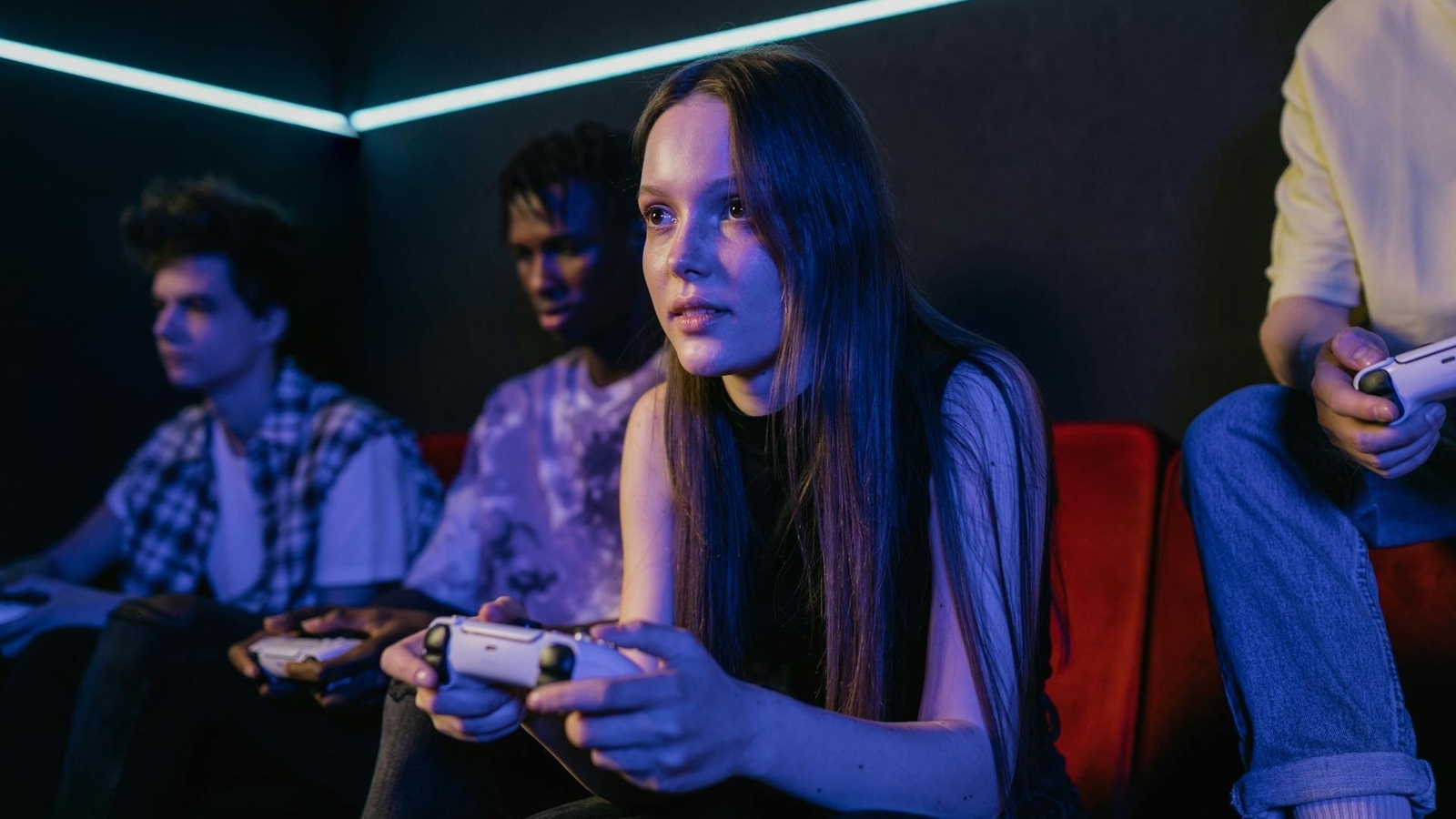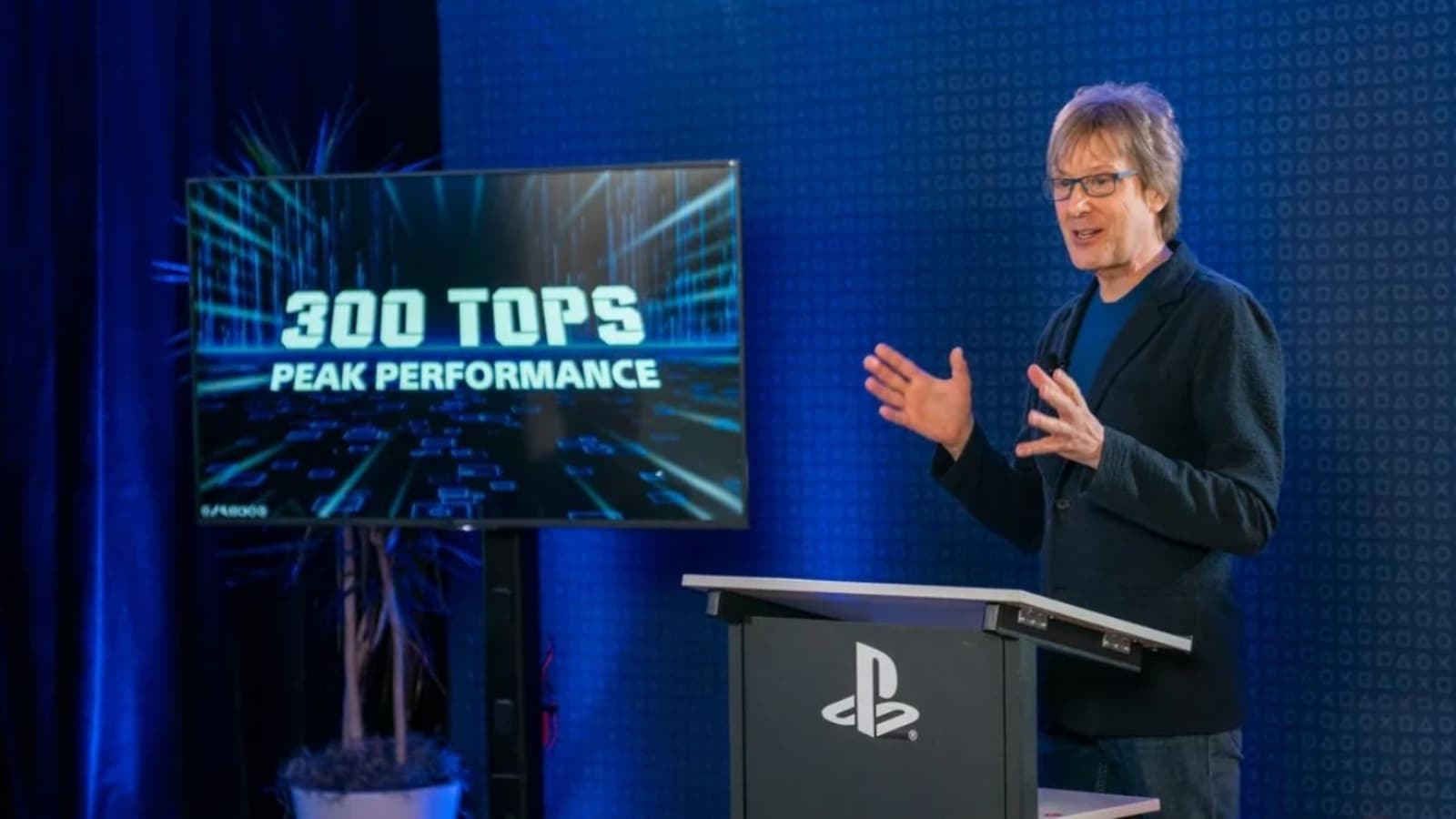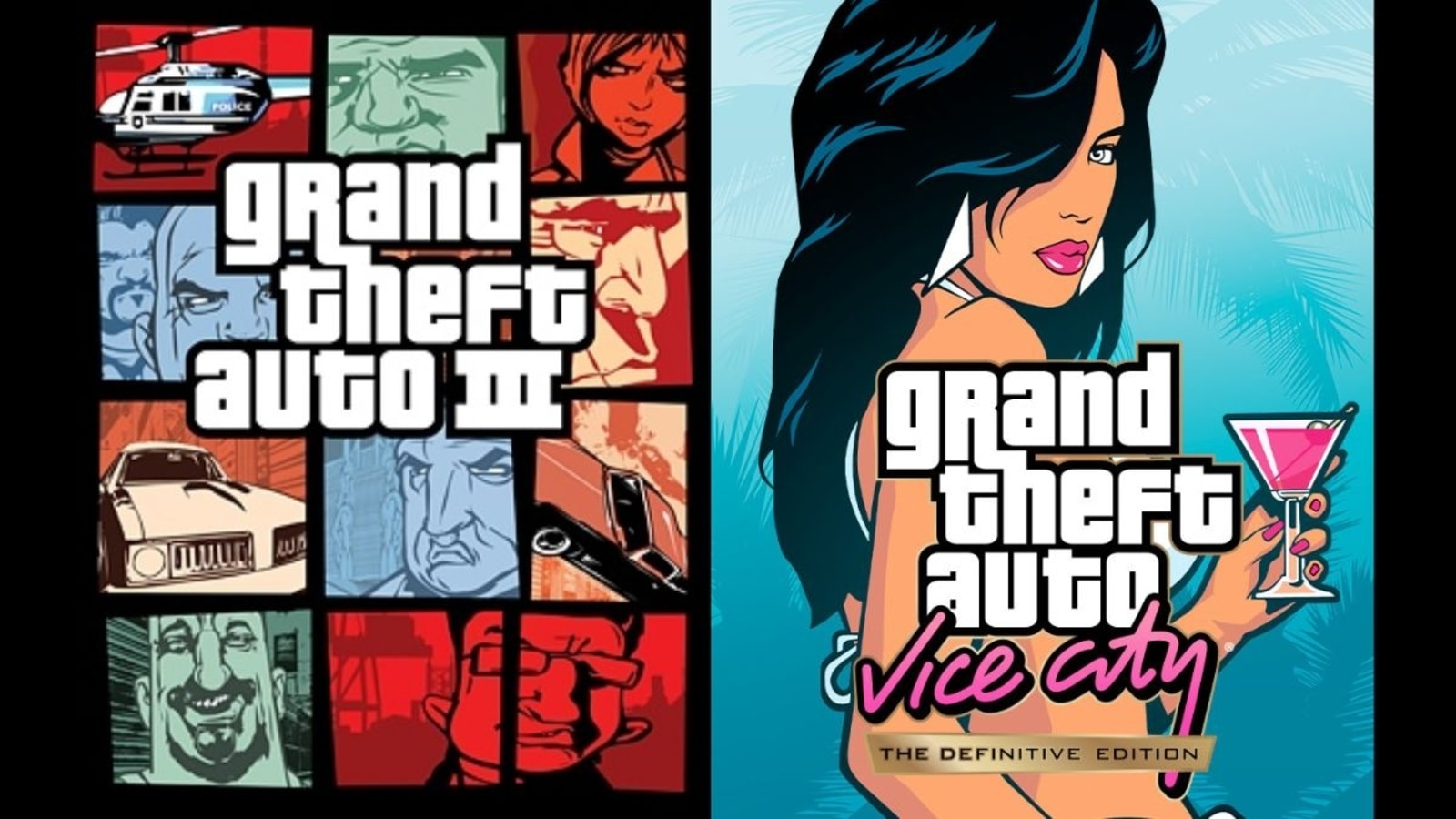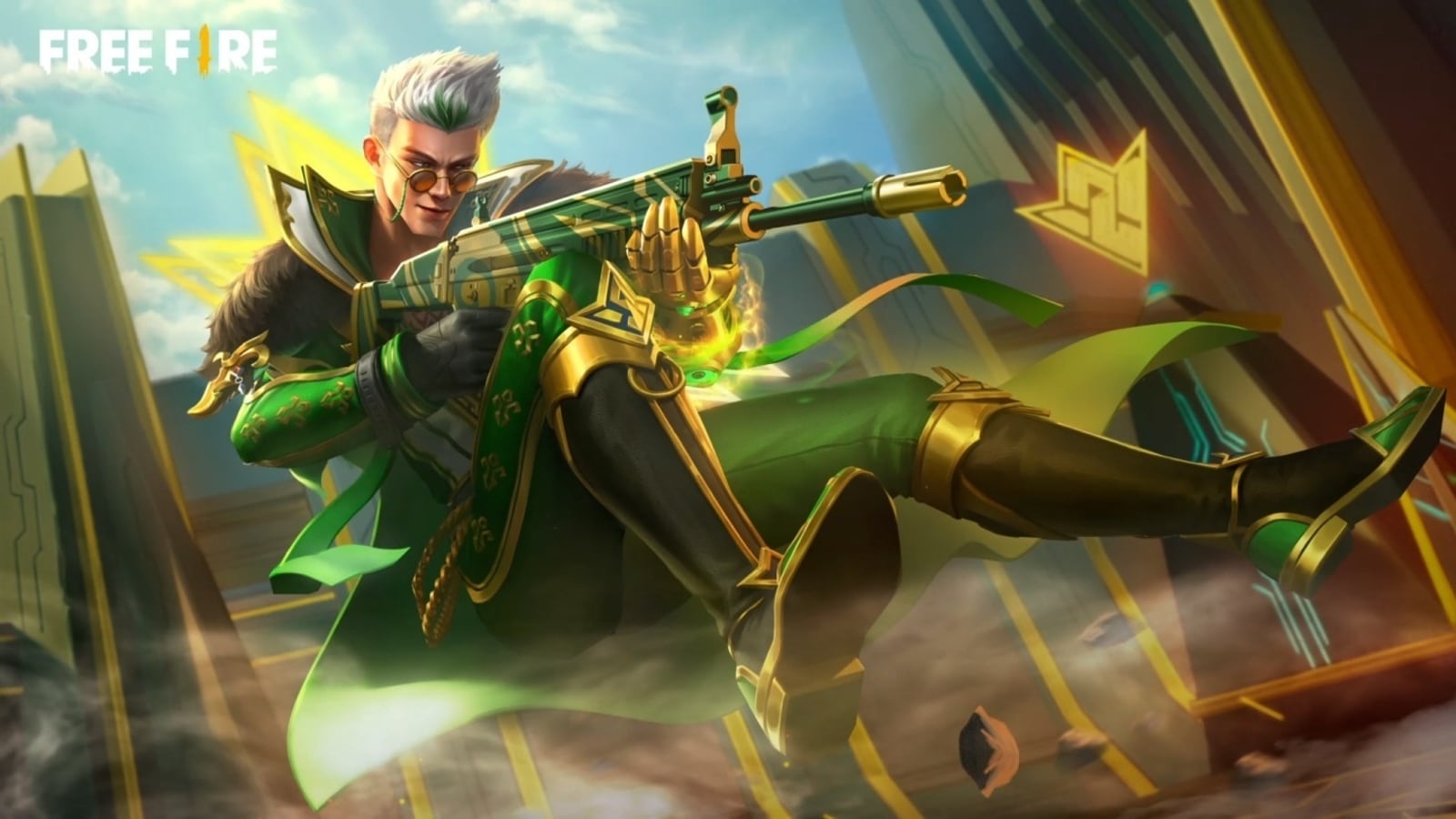Harry Potter fans have been waiting more than a decade for a video game worthy of the blockbuster entertainment franchise’s dedicated following. They’ve dreamed of being able to inhabit a realistic version of the famous Hogwarts School of Witchcraft and Wizardry, sipping butterbeers at the Gryffindor dormitory in between jaunts to the nearby village of Hogsmeade.
That vision will become a reality on Friday when Hogwarts Legacy is released by Warner Bros. Interactive Entertainment. The game is one of the most highly anticipated of 2023 and if pre-orders are any indication, it will likely be one of the most profitable, too. But the views about transgender people espoused by J.K. Rowling, the author of the original book series, have cast a shadow over the launch and left some longtime fans wondering whether they’ll even play it. Many say they’ve struggled to reconcile their love of the fantasy world to which they’ve become so attached with the real-world politics of its creator.
The J.K. Rowling Transphobia Controversy
Rowling began to promulgate views that were widely perceived as transphobic in 2018, “liking” a post on Twitter that said trans women are “men in dresses,” and following certain commentators who described transgender women as men. Then, in the summer of 2020, Rowling wrote a 3,700-word essay on sex and gender issues, saying she refused to “bow down to a movement that I believe is doing ‘demonstrable harm’ to women.” In the months that followed, Rowling spoke out against Scottish legislation that would make it easier for people to change their gender on their birth certificate.
Fans like Max Grosshandler, 25, whose sister is transgender, didn’t know how to feel. “It was a world-crushing experience for me,” he said. “I was just shocked and appalled.”
Whereas previous Harry Potter games were mostly mediocre movie tie-ins, Hogwarts Legacy is the first to be treated like a big-budget video game, with high-end graphics and an original story. The technology has significantly evolved since the last Harry Potter console game came out in 2011. Early reviews have been glowing, and certainly are the best for any Harry Potter game yet. For Grosshandler and tens of thousands of other fans on the HarryPotterGame subreddit group he runs, it’s the first real opportunity to immerse themselves in a detailed recreation of Hogwarts Castle. He’s choking back his reservations and plans on buying and playing the game.
Others are struggling to resist the temptation. Patrick, who asked to be identified only by his first name, said he is a gay man who adored Harry Potter and saw the game as a childhood fantasy that he would love to play. But after what he perceived as a “betrayal” from the author, he is ambivalent. “I am leaning towards not spending any more money on products connected to J.K. Rowling anymore,” he said in an email. “And I don’t feel superior because of it. Quite the opposite. It all feels very sad. What has she done to her own creation?”
A representative for Rowling declined to comment. A spokesperson for Warner Bros. said it has been a high priority “to create a game that is representative and diverse, aligning with the wonderful Wizarding World fan community.”
Warner Bros. Games and Avalanche Software Team Up
Hogwarts Legacy is an important release for Warner Bros. and for the console-makers Microsoft Corp. and Sony Group Corp., which are relying on big games this year to goose spending after a thin release calendar in 2022.
Development of Hogwarts Legacy first started in 2017, when Warner Bros. acquired the Salt Lake City-based Avalanche Software. Previously, the game studio had been part of Walt Disney Co., making games based on movie franchises like Cars and Toy Story as well as the ambitious Disney Infinity.
From the start, the game’s production was riddled with challenges, according to people who worked there. Avalanche dealt with growing pains as it tried to pivot from mostly licensed kids games to a big-budget, open-world role-playing game that was meant to appeal to adults. Departments that were used to operating in silos suddenly had to work closely together, leading to some hostility, the people said, asking not to be named discussing information that’s not public.
Newcomers to the company, which was founded in 1995 and still has the same owner and many employees who have worked there for decades, found an entrenched culture that could be difficult to penetrate.
Rowling’s comments about transgender people also rattled some developers of Hogwarts Legacy, leading some to question their desire to work on the game. Some Avalanche employees decided to look for new jobs. Others pushed for the company to make a statement or otherwise acknowledge the controversy. Instead, Warner Bros. Interactive Entertainment President David Haddad said during an employee all-hands meeting that Rowling was “entitled to express her personal opinion.”
The author wasn’t involved in the game’s development but she still owns the Harry Potter license and will benefit from sales. Rowling’s creative agency, the Blair Partnership, did work with the developers on creative decisions throughout the project.
Eventually Avalanche management decided that Hogwarts Legacy needed to be more inclusive and responded to the controversy in one key way. After Rowling’s comments in the summer of 2020, the studio decided to add a transgender character to Hogwarts Legacy, according to four people familiar with the discussions. One of the game’s non-playable characters, a bartender named Sirona Ryan, is now a trans woman.
Another feature, the character creator, allows players to mix and match voices, body types and choice of dormitory.
“We wanted to make a game that felt welcoming and inviting to everyone,” said Troy Leavitt, formerly a designer and producer on Hogwarts Legacy. “It was a way to extend the invitation a little wider so that more fans could see themselves represented in the Wizarding World,” he said in an email.
Leavitt has faced controversy of his own. He resigned from Avalanche in early 2021 after social media users discovered that he had made videos in support of GamerGate, a loose community of gamers who battle vehemently against journalists and developers for voicing progressive views. Leavitt maintains that the movement “was primarily about ethics in journalism” and said he believes the video game press has been “ideologically captured.”
A representative for the Blair Partnership said in a statement that the agency was “proud of the work Warner Bros. Games and Avalanche have done on this ground-breaking game and the part we have played in the development of it.”
The Warner Bros. spokesperson said “offering players choices in the way they play the game is an element that we have worked on since the start of development. The Character Creator is just one example of that and of course, the large, diverse cast of characters present throughout the game have also had a huge amount of thought from Avalanche, Warner Bros. Games, The Blair Partnership, as well as counsel from outside D&I experts.”
Avalanche’s efforts at inclusivity in Hogwarts Legacy don’t go far enough for some fans.
Are Fans Boycotting Hogwarts Legacy?
Jessie Earl, a transgender woman, writer and YouTuber who has spoken out against Rowling, called for a boycott of the game. “It says we as a culture are going to continue to hold onto what she is making and allow her to have this presence in our society,” Earl said in an interview.
Earl, who grew up enamored of the series and even named her cat after a character from the books, said that renouncing Harry Potter has been painful. In her eyes, however, continuing to give Rowling support and attention is even worse.
“My ideal world is that we just stop talking about her, stop talking about the game, stop talking about Harry Potter,” Earl said. “If you buy the game, I’m not telling you you’re a transphobe or an anti-trans bigot, but I would question whether you’re an ally.”
Conflicted feelings have prompted some fans to agree to only buy the game secondhand or wait to see if it goes on sale. Others, like 28-year-old Ryan Mills, said they planned to match every dollar they spent on Hogwarts Legacy with a donation to the Trevor Project, a nonprofit organization that offers mental health support to LGBTQ youth. “Life’s short and sucky, and I think this game is just going to make me happy, make me feel warm for a while like I did when I was a kid,” said Mills.
If the early buzz is any indication, the calls for boycotts may not be as effective as Earl and other activists had hoped. “I think pre-orders have been particularly strong because it’s launching at a time when there has been a vacuum of major releases” of big-budget games, said Piers Harding-Rolls, a research director at gaming and media analytics firm Ampere Analysis. “The budget for Hogwarts Legacy won’t have been small so WBIE has taken significant risk in funding the title, but it looks like that is about to pay off.”
On Tuesday, Hogwarts Legacy had more than 1.2 million concurrent viewers on video-streaming site Twitch, breaking the record for most day-one viewers of a single-player game. Warner Bros. offered early access to players who pre-purchased the deluxe edition of the game. It’s also the top-selling game on Steam, a digital distribution platform for video games created by Valve Corp.
Rowling, meanwhile, continues to make incendiary comments — last week, she posted a Tweet about “excluding women from women’s prisons just because they’ve got penises” — which makes Hogwarts Legacy feel markedly different than any other blockbuster video game launch. For some people, it’s been hard to discuss without a “but…” attached.
Harding-Rolls said he doesn’t expect Rowling’s comments to have much of an impact on the game’s commercial performance. Potential customers will likely fall into three camps: people who won’t buy the game due to Rowling, people who aren’t aware of Rowling’s comments and people who are aware but will buy the game regardless. ‘I’m expecting the last two of those to be a big enough majority to drive the game to strong sales,’ he said.
Reviews of Hogwarts Legacy have mostly been positive, although several have addressed the Rowling controversy. A lengthy blurb in the middle of an otherwise glowing review by IGN noted that, “As critics, our job is to answer the question of whether or not we find Hogwarts Legacy to be fun to play and why; whether it’s ethical to play is a separate but still very important question.” But the reviewer also declared that “Hogwarts Legacy is the Harry Potter RPG I’ve always wanted to play.”
Some devotees, thrilled by the positive reviews, are attempting to reclaim the Harry Potter franchise for transgender fans. Moon, a supporter in Argentina who asked only to be identified by that name, is a moderator for a small Hogwarts Legacy Discord channel. He is transgender and said he empathizes with people who have abandoned the franchise or boycotted the game. But, he said, “it’s almost impossible to make millions end their relationship with something they like.” Instead, Moon figured he could help build a positive community for those who do choose to play Hogwarts Legacy, no matter how they identify. “The next best thing we can do is spread awareness from the inside,” he said.


